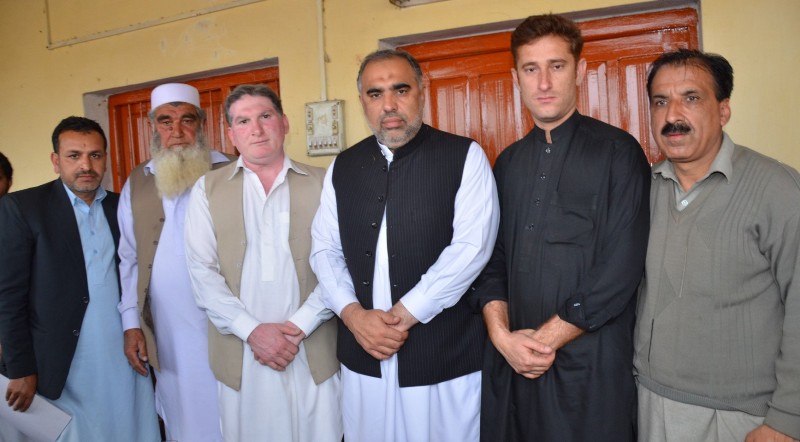ISLAMABAD, February 23: Commenting on Prime Minister Imran Khan’s visit to Russia, Speaker of the National Assembly MrAsadQaiser stated that Pakistan aspires to have cordial relations with all the countries of the world based on its national interest. He was speaking at the inaugural session of the two-day international conference titled “South Asia: Emerging Opportunities and Challenges” organized by the Institute of Regional Studies (IRS) in collaboration with Friedrich Ebert Stiftung (FES) here on Wednesday.
The Speaker of the National Assembly lauded Pakistan’s exemplary relations with China, but expressed his concern over the deteriorating relations with India owing to Indian actions in the Indian Illegally Occupied Jammu and Kashmir (IIOJK). MrQaiser highlighted the important role played by think-tanks in informing policy decisions.
In a written message sent to conference organizers, Foreign Minister Shah Mehmood Qureshi urged the regional countries and the international community to synergize their efforts to stabilize Afghanistan as well as work towards unlocking the true potential of the over 1.7 billion, mostly young, population of South Asia.
The Federal Minister for Human Rights DrShireenMazari highlighted the achievements of her ministry in ensuring basic human rights for the citizens of Pakistan. She added that Pakistan took a human rights-based approach towards the Covid-19 pandemic by looking after the interests of all segments of the society. She was of the view that in many priority human rights areas, Pakistan had done better than other regional countries. She regretted the increasing polarization, extremism, and Islamophobia in India.
President IRS Ambassador NadeemRiyaz urged the participants of the conference to focus on tapping into the immense potential of the region by finding ways to surmount regional conflicts, overcome domestic pressures of poverty, inequality, and extremist ideologies, respond to contemporary global challenges, and find ways to collectively engage in bringing prosperity to everyone.
Mr Syed Hassan Akbar, Senior Policy Specialist at the National Security Division, expressed his concern over the increasing global competition and its impact on the region. He referred to conflicts in South Asia as a legacy of the colonial system which, according to him, were exacerbated by global power competition.
Professor Swaran Singh of the Jawaharlal Nehru University, India, stated that New Delhi aspired to reach out to the people of Afghanistan. This, he maintained, was the reason India was sending a large consignment of wheat to Afghanistan through Pakistan. He added that such cooperation between India, Afghanistan, and Pakistan could create opportunities for breaking the ice between India and Pakistan as well.
Pakistan’s former ambassador to the US DrMaleehaLodhi expressed her regret that the thaw in India-Pakistan relations with the recommitment to observing the ceasefire along the Line of Control could not lead to a broader dialogue between the two countries and ultimately normalization of relations.
Former adviser to the Prime Minister on institutional reforms and austerity DrIshratHussain shared that South Asia was still home to 400 million people living below $1.9 per day which, according to him, was the largest concentration of poor in the world. He expressed his regret over South Asia being the least economically integrated region of the world
The World Bank’s Country Director in Pakistan MrNajyBenhassine shared that in the past 20 years the share of the population in Pakistan below the poverty line has reduced from 64 per cent to 21 per cent. This, he shared, translated into 47 million Pakistanis emerging out of poverty in 20 years. He added that Pakistan achieved this remarkable success in reducing poverty despite its average economic growth as compared to its peers in the same period.-PR
- Latest
- Trending




